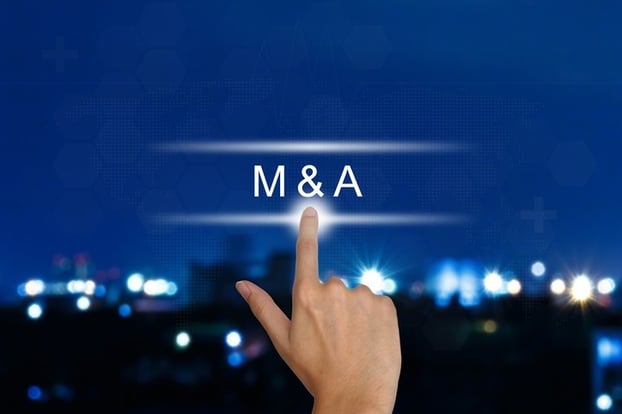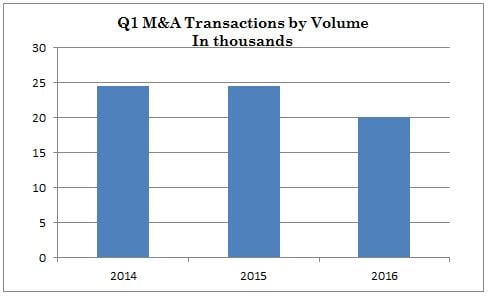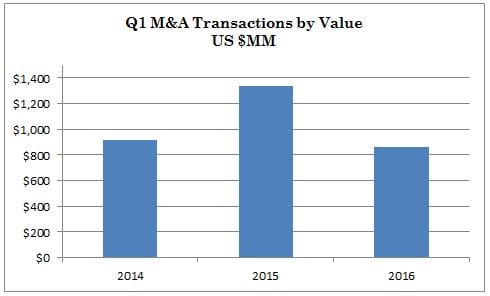M&A Negotiations

M&A Negotiations
In negotiating a merger, an acquisition, or a divestiture the ultimate goal is to structure a deal in which separate companies complete a transaction that generates shareholder value for both buyer and seller.
M&A negotiations are one of the more complex aspects of an M&A transaction and it’s always a good idea to have an experienced M&A advisor performing this task. While there are some minor negotiations that occur in the earlier stages of the M&A process, the most important negotiations relate to the value and terms of the proposed transaction. The value usually isn’t a complex concept, but earnouts, and other forms of consideration can be tricky, particularly for an entrepreneur who has not completed a large number of transactions. There are many important items that need to be negotiated, for example, there is the issue of a holdback versus an escrow and what percentage of the transaction consideration this will be. The holdback or escrow provides the buyer with protection against unforeseen liabilities. Many sellers worry that they’ll never see this money; however, provided there are no hidden liabilities, the seller always gets their funds.
The selling firm can accept, reject, or attempt to negotiate any offer that is submitted for their company. Most of the time, the offer price isn’t considered high enough or the other terms don’t coincide with the interests of the selling company’s shareholders. However, if this can be overcome, more detailed negotiations will ensue, if both parties are willing. Both parties always retain the ability to reject the transaction if it doesn’t meet their financial and other objectives. Once the major deal terms are agreed, the parties will execute a Letter of Intent, which is a non-binding document, but captures the major terms and conditions of a potential transaction.
In order to complete a successful transaction, a large amount of collaboration and negotiation between the buyer and seller is required. Most importantly, both parties must understand each other’s objectives and it’s always helpful if both sides believe in win-win negotiating.
The importance of understanding each other’s objectives can be demonstrated by the following story. Two sisters were fighting over an orange and in order to resolve the argument, their father cut the orange in half and gave one half of the orange to each of his daughters. While this seems like the best solution, both sisters actually ended up with a bad deal. One sister wanted the rind for cooking while the other sister wanted to eat the orange. Hence, both of them actually lost. Instead, if the two sisters had understood each other’s objectives, the orange could have been divided in a much better way, the rind to one and the contents to the other. The moral of the story is to try to understand the other side’s needs and objectives with a view towards finding middle ground or a compromise. An experienced M&A advisor will know how to conduct these M&A negotiations so that they are productive, efficient, and result in a successful transaction.
Versailles Group is a 29-year-old Boston-based investment bank that specializes in international mergers, acquisitions, and divestitures. Versailles Group’s skill, flexibility, and experience have enabled it to successfully close M&A transactions for companies with revenues between US$2 million and US$250 million. Versailles Group has closed transactions in all economic environments, literally around the world.
Versailles Group provides clients with both buy-side and sell-side M&A services, and has been completing cross-border transactions since its founding in 1987. More information on Versailles Group, Ltd. can be found at www.versaillesgroup.com.
For more information, please contact
Founder and President
+617-449-3325
May 3, 2016

















